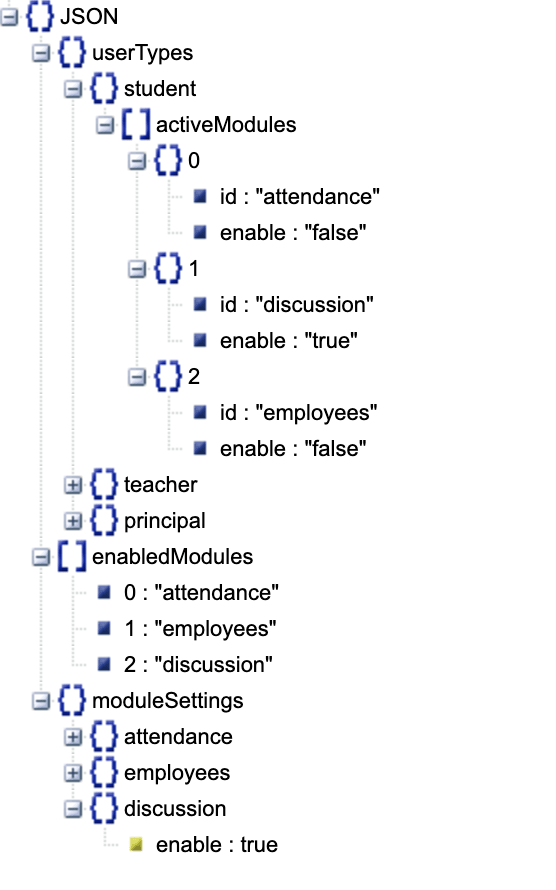
It’s a note for me, I hope it could help other people too. I posted only a few examples here, about what seems the most common use cases to me. Querying on JSONB objects is almost as simple as classic SQL queries.
POSTGRESQL JSON QUERY UPDATE
UPDATE users SET metadata = metadata - 'country' Final note The operator - removes a key from an object. SELECT * FROM users WHERE metadata '' 10. The whole JSON object has to be read and written, which is more I/O than you would want particularly if the JSON object is large and stored out of line. For this case you may need to add a GIN index on metadata column. This operator can compare partial JSON strings against a JSONB column. You can query with the operator on metadata. Select items by the value of a first level attribute (#1 way) No need for additional customer and order tables, with joins all around.1. Note also that our POCO, Customer, contains an array of another POCO, Order this will also just work as expected, with the array of orders appearing inside the customer’s JSON document. This is really all you have to do, and everything will work as expected: Npgsql will use the new to serialize and deserialize your instances to JSON data. Our SomeEntity type - which maps to a database table - contains an arbitrary user type (or POCO, plain-old-CLR-object), which is mapped to a PostgreSQL jsonb column via the data annotation attribute. Public class SomeEntity // Maps to a database table Without further ado, you can now define an EF Core entity as follows: The rest of this post will present the key new features, consult the documentation for a more complete description. No more! Release 3.0.0 of the Npgsql Entity Framework Core provider for PostgreSQL brings some exciting new JSON support, leveraging a unique feature of C#’s LINQ to express database JSON queries in a strongly-typed and natural way. Unfortunately, the non-standardized nature of JSON support has meant that ORMs have often stayed away from it, and developers have been forced to drop down to raw SQL if they wanted to access JSON goodness. SQL/JSON standardization is underway, and PostgreSQL 12 will support jsonpath queries which should finally provide a cross-database way to describe JSON queries. Now, the syntax above is entirely PostgreSQL-specific: other databases have others ways to express queries. But we can see how this notation is used and it may be useful for us in our JSON queries.

Proper indexing can make this perform very fast, and PostgreSQL has a plethora of other operators and functions that can be used to construct JSON queries. SELECT * FROM some_table WHERE customer -> 'name' = 'Joe' Īssuming the some_table table has a JSON column named customer, this query will make PostgreSQL examine each row’s document, and return those rows where the name key is equal to “Joe”. At the most basic level, PostgreSQL supports the following: For JSON to really shine, we need to be able to ask for all JSON documents satisfying some condition - and to do it efficiently. JSON types have in part been the relational database response to the NoSQL movement, with its pervasive, schema-less JSON documents: look, we can do it too! But the marriage of a traditional relational schema with non-relational documents has proven very powerful indeed complex data no longer have to be represented via sprawling, relational models involving endless joins, and islands of fluid, schema-less content within a stricter relational model brought some very welcome flexibility.ĭatabase JSON support usually means that some operations on JSON data can be performed in the database after all, simply storing and loading JSON documents is quite useless in itself. Most relational databases have had some sort of native support for JSON for quite a while now PostgreSQL introduced its first JSON support in version 9.2, back in 2012, and the more optimized jsonb type in 2014. EFCore 3.0 for PostgreSQL - Advanced JSON Support


 0 kommentar(er)
0 kommentar(er)
